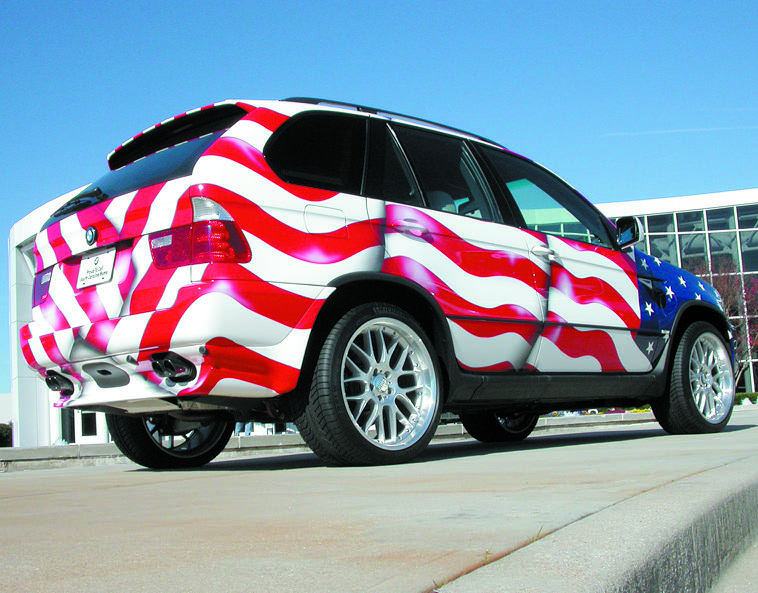We examine whether the UK’s classic component suppliers could get caught up in US import tariffs on car parts
President Trump’s proposed tariffs on cars and car parts imported into the USA may have been intended to force car and component makers to establish more manufacturing in the country but will most likely have an unforeseen consequence in their effects on the UK’s classic car parts industry.
In terms of the USA’s economy the figures involved are tiny, but for the companies involved here in the UK, it represents a significant worry.
Familiar names like Rimmers, SNG Barratt, Britpart and Introcar all export a large amount to US enthusiasts but virtually all of the parts for classic British vehicles are made outside the USA and will therefore be subject to any new tariff. Indeed, many of Rimmers’ parts are made right here in the UK, tapping into the rich seam of experience which still exists in the Midlands.
Even the more modern classics will get caught up in Trump’s trade wars too, since all international manufacturers employ a global supply chain. This means that anyone selling genuine OE components for (as an example) Jaguars and Land Rovers will have no control over where they were sourced: it all depends on where JLR’s buyers chose to source it in the first place and as stocks fluctuate in distribution warehouses this can also change over time.
Few of the people we spoke to wished to quote exact figures for obvious reasons of trade confidentiality, but the mood is definitely one of concern. Perhaps the best illustration of the scale of the potential problem is the proportion of the traditional classics which were exported to the USA in the first place: some 80% of MGA production was exported, as was over 70% of MGB production, the bulk of these to the USA.
The scale of the issue still depends heavily on the nature of the tariffs imposed, with the April 2 ‘Liberation Day’ announcement applying a relatively favourable 10% tariff to UK imports, but cars still charged at the global 25% rate. It’s not yet known whether parts will be charged at the same rate as complete cars.
Tariffs on imports of parts are due to begin from May 3, meaning that if a deal is achieved by the UK government, it may well apply.
There is perhaps a glimmer of light however with the wording of the US government announcement on car tariffs specifically mentioning that the exemption for cars over 25 years old is to continue. If this was extended to parts for cars over 25 years old then a significant worry for UK classic parts suppliers would be removed.
Meanwhile, it’s been suggested that lower-value consignments to private customers in the USA may well escape commercial import tariffs entirely, leaving buyers to paying only the standard import duty of around 3% currently applying to goods valued at over $800. In this case, it may well see the issue mitigated as UK exporters see a rise in US customers buying direct rather than through local importers or agents.
As of Thursday April 10, Trump’s eleventh-hour decision to pause the more severe tariffs but retain the 25% on cars has only served to create more confusion.





